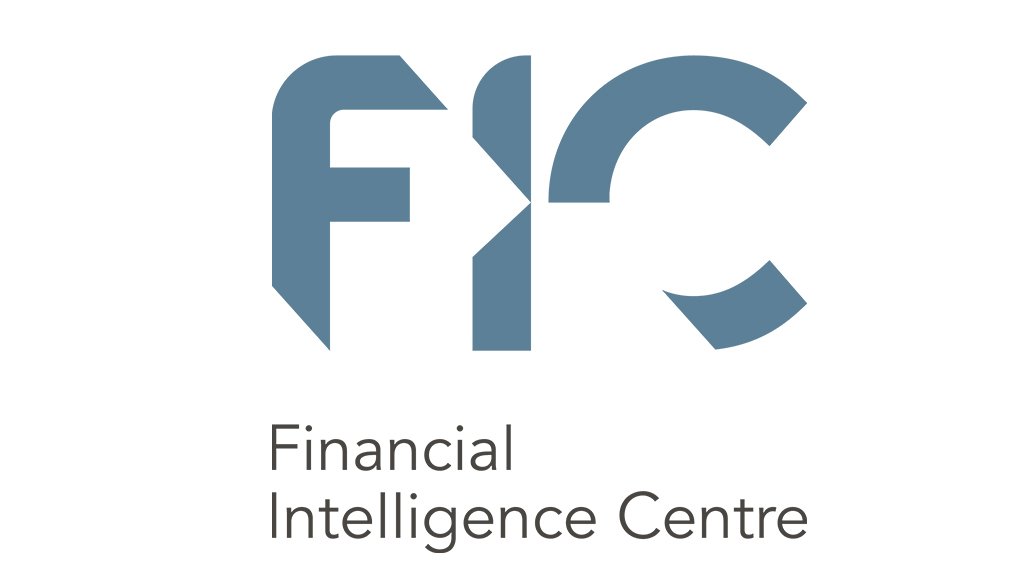Legal practitioners play a pivotal role in assisting in the fight against financial crime as they could be seen as gatekeepers for their clients and are an invaluable source of transactional and customer information.
Gatekeepers can be described as those professionals who provide gateways to the financial system, through which potential abusers of the system can do business with financial institutions. Criminals may want to exploit the legitimate functions and services of gatekeepers such as legal practitioners to provide a veneer of respectability to their activities or hide the proceeds of crime.
The legal profession which deals with, among other aspects, immovable property transactions, the creation and management of trusts, companies, and investments, is therefore vulnerable to money laundering. These services may also be abused by corrupt citizens and politically exposed persons involved in money laundering, tax evasion or other wrongdoing.
Certain business sectors have been identified in the Financial Intelligence Centre (FIC) Act as being particularly vulnerable to being abused for money laundering and terrorist financing purposes, and they are listed in the FIC Act as accountable institutions. As accountable institutions, the FIC Act imposes certain compliance obligations on legal practitioners, which are meant to assist in identifying the proceeds of crime, combating money laundering and terrorist financing.
Section 42 of the FIC Act outlines the compliance obligations which legal practitioners as accountable institutions must fulfil, which include:
- Registering with the FIC via the FIC’s electronic registration and reporting system
- Applying a risk-based approach to identifying and verifying customers
- Developing a risk management and compliance programme in managing money laundering and terrorist financing
- Keeping records of transactions
- Submitting regulatory reports to the FIC
- Providing ongoing training to employees on FIC Act requirements
- Appointing a compliance officer.
As part of the risk-based approach legal practitioners must assess the money laundering and terrorist financing risks their services, products, client types, geographical areas, transactions or delivery channels hold, in relation to their clients, when entering into a business relationship, or single transaction with a client.
There are certain client types that pose a higher risk from a money laundering perspective which may include politically exposed persons. These persons have influence and control over public funds, benefits, as well as decision-making, and where these persons misuse their position in a corrupt manner the impact is far-reaching.
As such, politically exposed persons could pose as a higher risk from a money laundering perspective. The FIC Act requires accountable institutions to determine whether a customer, a potential customer or the beneficial owner are foreign prominent public officials (FPPO) or domestic prominent influential persons (DPIP).
When dealing with FPPOs and DPIPs there are additional obligations that apply in terms of sections 21F, 21G and 21H of the FIC Act. Legal practitioners must obtain senior management approval for establishing a business relationship, establish the source of wealth as well as the source of funds, and conduct enhanced ongoing due diligence.
Schedules 3A and 3B to the FIC Act provides a list of FPPO and DPIP positions. These positions assist legal practitioners in determining whether their prospective client, client or a client’s beneficial owners are either DPIPs or FPPOs. The FIC’s guidance note 7 provides website sources that may be helpful in determining whether a person is a DPIP or an FPPO. A final version of the recently published FIC draft public compliance communication 113 dealing with persons holding FPPO and DPIP positions will soon be made available.
Legal practitioners are reminded of their duty in terms of section 29 of the FIC Act, i.e. the filing of suspicious and unusual transaction reports to the FIC, should they become aware of suspicious transactions or activities relating to money laundering, terrorist financing and proliferation financing. They can refer to guidance note 4B for further information in this regard.
For more compliance information and guidance offered to accountable institutions, refer to the FIC website (www.fic.gov.za). Legal practitioners can contact the FIC’s compliance contact centre on +27 12 641 6000 or log an online compliance query by clicking on: http://www.fic.gov.za/ContactUs/Pages/ComplianceQueries.aspx.
EMAIL THIS ARTICLE SAVE THIS ARTICLE ARTICLE ENQUIRY FEEDBACK
To subscribe email subscriptions@creamermedia.co.za or click here
To advertise email advertising@creamermedia.co.za or click here













